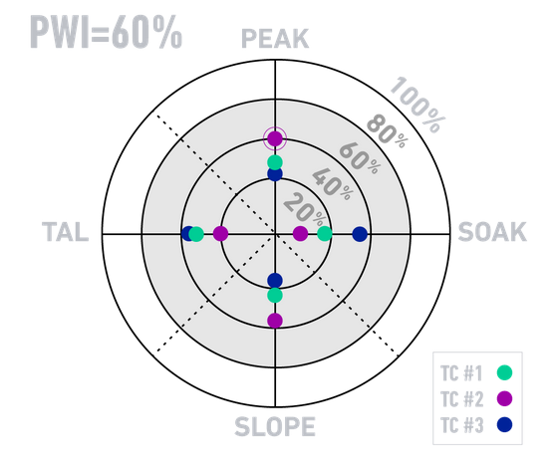From black box to controllable process step with thermal process control
Every step in the SMD process is monitored, controlled and optimized: The SPI monitors the printer, the AOI the mounter and the AXI checks the hidden solder joints on the PCB. So why leave the oven to its own devices?
Even the smallest deviations in the soldering process can affect the soldering result: If the oven temperature is too hot this can damage components, if the oven is too cold the solder will not melt properly. Deviations in the speed of PCB transport also affect the soldering result. This is precisely where thermal process control comes in and turns the black box "oven" into a controllable process step.
Process control and improvement
Is the oven still heating as it should? Is the conveyor transporting the PCBs at the right speed? Thermal process control provides answers and thus forms the basis for process improvement.
Finding the right oven recipe
KIC's smart optimization software evaluates all the recorded profiles and recommends the optimum oven settings - the database will soon be so intelligent that recommendations for new products can also be made.

The process at a glance
With KIC's PWI (Process Window Index), you will always hit the mark in the soldering process: The PWI calculates a key figure from the most important KPIs of the soldering process, which indicates whether the process is within the process window or whether readjustment is required. The lower the PWI, the more stable the process.
Things to know about thermal process control
What types of thermal process control are there? Are there only solutions for the reflow oven or also for the wave soldering system?
We'll tell you!
Manual profiling
In manual profiling, also known as manual thermal process control, the profiler, which records the oven parameters, is moved through the SMT oven on a special carrier. An exemplary profile image is created during this passage.
Automatic profiling
Automatic profiling refers to permanent process monitoring that is realized by thermocouples and sensors permanently installed in the oven.
Oven profiling
In addition to manual and automatic profiling, a distinction can also be made between oven and PCB profiling in thermal process control. When recording the oven profile (oven profiling), the parameters of the oven such as the temperature development in different heating zones or the transport speed are measured.
PCB profiling
In PCB profiling, the soldering profile of a specific PCB is measured. This is done using thermal sensors that are attached directly to the PCB. These measure the temperature development in spots of interest on the PCB during the soldering process. Among other things, this procedure allows conclusions to be drawn about the PCB design: Do neighboring components shield each other from the heat or can the solder melt well anywhere on the PCB?
Does thermal process control also work for wave soldering?
Yes, KIC offers solutions for thermal process control for both reflow soldering and wave soldering.




